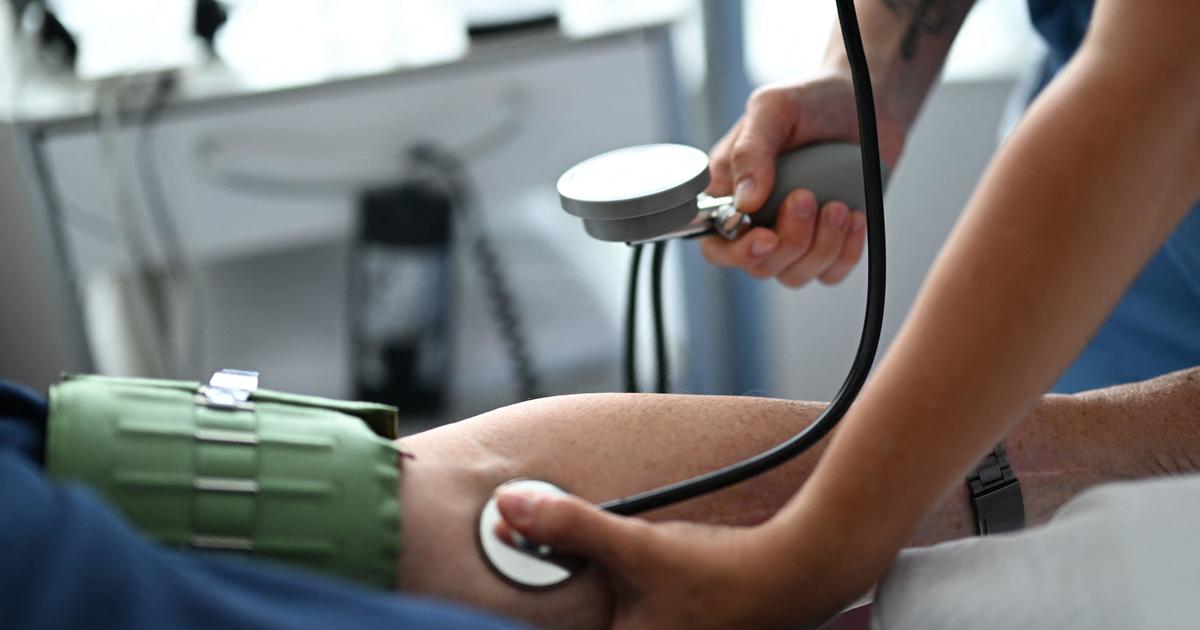Fearing spring surge, doctors say those eligible should get second COVID booster sooner rather than later
NEW YORK -- More than 34 million Americans are now eligible for a second COVID-19 booster shot.
Doctors are encouraging some of that population to get the shot now, fearing a spring surge could be around the corner, CBS2's Christina Fan reported Tuesday.
Older New Yorkers seem to be on the fence about a fourth COVID shot now available to people 50 years and older.
"I think it's too much," one man said.
"I just do what they say. I'm not sick, but I'm over 65," a woman added.
Cases in the U.S. have been steadily declining, but the Food and Drug Administration says there is evidence waning protection is leading to serious outcomes among this vulnerable group.
COVID VACCINE
- New York State book online here or call 1-833-NYS-4-VAX
- New York City book online here or call 877-VAX-4NYC
- Track NYC vaccinations by zip code
- Nassau County more info here
- Suffolk County more info here
- Westchester County more info here
- New Jersey book online here or call 1-855-568-0545
- Connecticut book online here
The agency authorized a second booster of the Moderna or Pfizer vaccine for the age group as early as four months after their first booster. The question is, should everyone who is eligible rush to get it?
"I would recommend that in particular those over the age of 65 and those who have serious immuno-comprising conditions," said Dr. Edward Telzak of St. Barnabus Hospital.
Telzak, an infectious disease specialist, said he's worried a new Omicron subvariant known as BA.2 could lead to a spring surge. The variant has also caused a worrisome jump in infections in Europe and China, and now accounts for the majority of new cases in the U.S.
"This variant, BA.2, appears to be more transmissible than BA.1, which was more transmissible than Delta. At the same time, masks are going away, social distancing is going away," Telzak said.
So far, only Americans with compromised immune systems have been eligible to receive a fourth shot.
"We're seeing more waning of that ability to stay out of the hospital should you get infected," UPenn immunologist John Wherry said. "And for the immunocompromised, clearly, there's benefit of a fourth dose."
The FDA says its decision was based on data from health authorities in Israel, showing no new safety concerns with a fourth dose.
CORONAVIRUS PANDEMIC
- Complete COVID Vaccine Coverage
- Vaccination Sites In New York City | Call 877-VAX-4NYC
- Track NYC Vaccinations By Zip Code
- Find NYC Testing Site Near You
- Check NYC Testing Wait Times
- CDC's COVID Vaccine FAQ
- CDC's COVID Tracking Map By County
- Resources: Help With Unemployment, Hunger, Mental Health & More
- Remote Learning Tools For Students And Parents At Home
Some experts, however, have concerns about the added shot the agency authorized without consulting with its vaccine advisory committee.
"I am very skeptical that giving everybody over the age of 50 a fourth dose will have a real impact in the long term on reducing severe disease, hospitalization and death," infectious disease specialist Dr. Celine Gounder said.
This might not be end of booster talk. The FDA and Centers for Disease Control are scheduled to have a meeting next month to talk about fall boosters.
FIND TESTING SITES: Click here for New York City's testing site locator, including mobile sites and at-home appointments
This all comes as federal funding for COVID tests is running out, impacting hundreds of testing sites in New York City that will have to start charging people who are uninsured for tests or close because those without insurance are not coming.
That worries mom Sydney Kaplan, who thinks the federal aid should stay in place.
"I have two not-vaccinated, under-5 children," Kaplan told CBS2's Cory James. "If people aren't able to get tested, then everyone is just running around with COVID."
"People will just choose not to get tested, which is bad for public health," Manhattan Borough President Mark Levine said.
In a statement Quest Diagnostics said, "We have begun to notify our clients and partners that we no longer expect to be reimbursed for testing," adding, "Patients enrolled in Medicare, Medicaid or a private health plan are not affected."
The chief operating officer for LabQ says vaccination reimbursements end April 5. He says if there is another COVID spike, that funding will be essential.
Levine believes if the federal government does not change policy to make those services free, other agencies may need to step in to help.
"If it takes the city and state to stepping in with that money, as much as that's not what we want to do, it's going to be necessary," he said.
Meanwhile, Moderna and Pfizer have said they are looking to produce new versions of the vaccine specific to variants.




